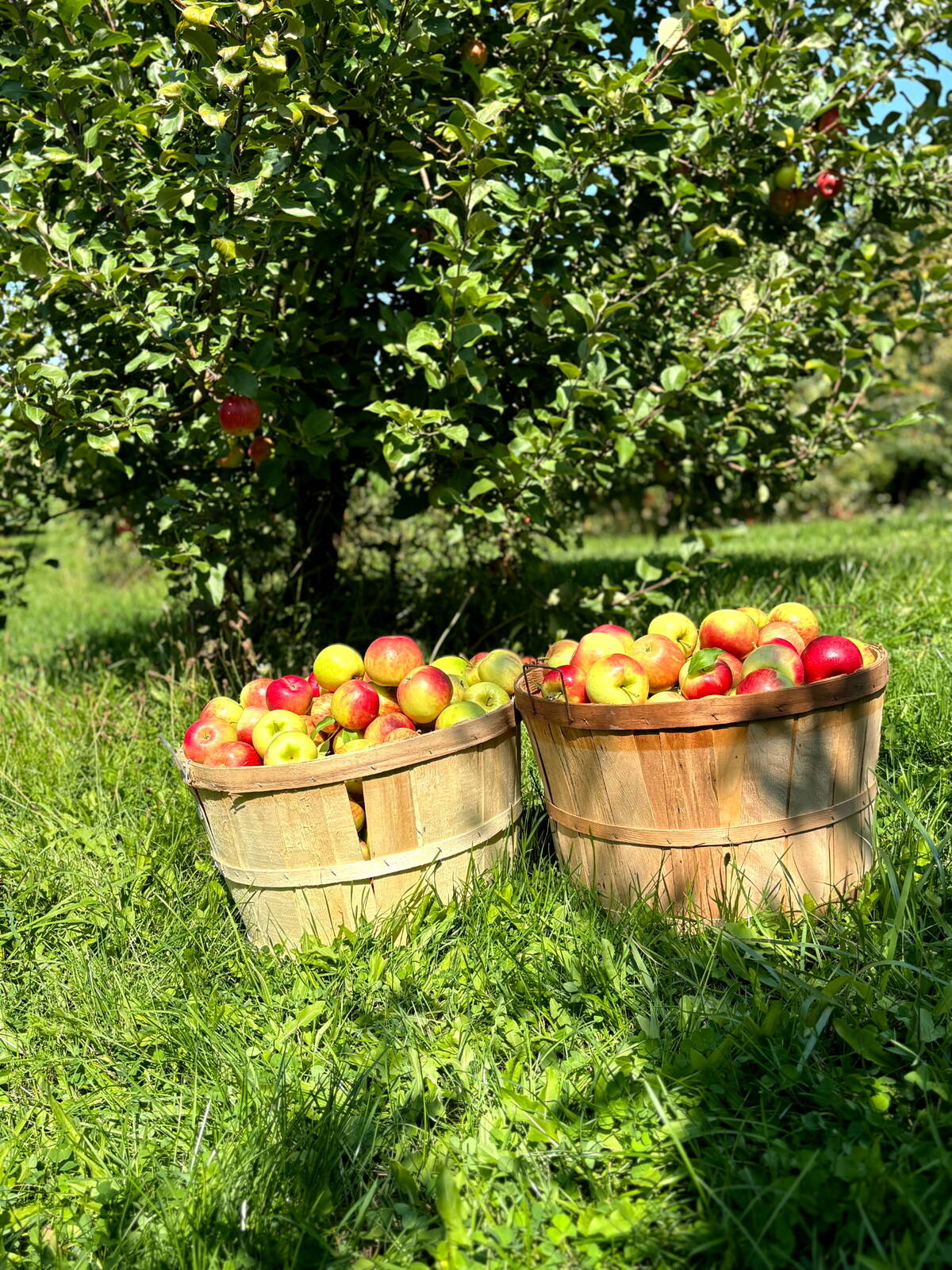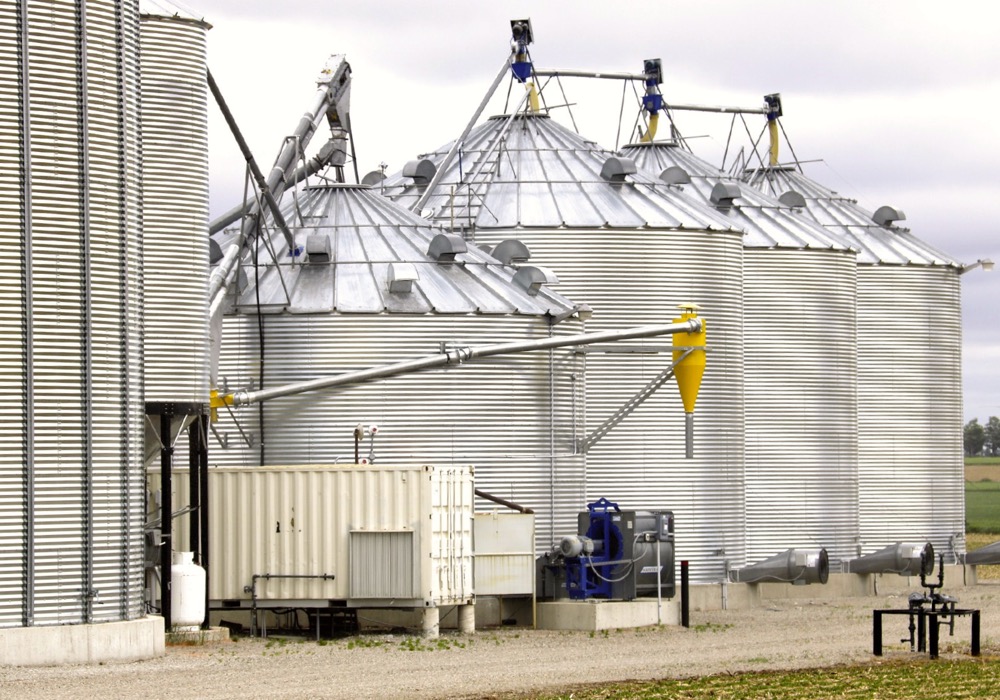Families with higher carbon footprints are likely to consume more confectionary, alcohol, and restaurant food, according to a new study by Japanese and European researchers published in One Earth.
Considering the spectrum of traditional to urban lifestyles across Japan, associate professor Keiichiro Kanemoto of the Research Institute for Humanity and Nature in Kyoto, Japan, and his colleagues analyzed the carbon footprints of the diets of 60,000 households across Japan’s 47 prefectures.
Using a life-cycle approach that details food supply chains around the country, they found that meat consumption was relatively constant per household, but carbon footprints were not.
Read Also

Farmers taking to social media to spread the word about the cost of farm thefts
A rash of farm thefts in Ontario have left farmers looking for new ways to help customers understand the cost of stealing goods.
The study showed that meat consumption could explain less than 10 per cent of the difference seen in carbon footprints between Japanese families. Instead, households with higher carbon footprints tended to consume more food from restaurants, as well as more vegetables and fish.
However, it was the amount of confectionary and alcohol consumption — two to three times more than low carbon footprint households — that really stood out.
Meat has earned a reputation as an environmentally damaging food, as beef production emits more greenhouse gases than bean production for the same amount of protein. However, Kanemoto cautioned against a one-size-fits-all policy.
“If we think of a carbon tax, it might be wiser to target sweets and alcohol if we want a progressive system,” he said.
“If we are serious about reducing our carbon footprints, then our diets must change. Our findings suggest that high carbon footprints are not only a problem for a small number of meat lovers in Japan. It might be better to target less nutritious foods that are excessively consumed in some populations,” Kanemoto said in a news release.
He agreed that eating less meat is also a good choice.
“Meat is a high carbon footprint food. Replacing red meat consumption with white meat and vegetables will lower a family’s carbon footprint,” he said.
A co-author of the study, Dr. Christian Reynolds from the Institute of Sustainable Food at the University of Sheffield in Sheffield, England, highlighted that the results show that all countries need to take into account regional differences in diet and food production when giving advice on healthy sustainable diets.
He said that for reasons of wealth, culture, and farming practices, different regions in a country consume food differently.
“This evidence from Japan demonstrates that research can help us to identify what to focus on. The same patterns of dietary change in terms of sugar, alcohol and dining out need to be considered in the (United Kingdom), Australia, the (United States) and Europe.”












